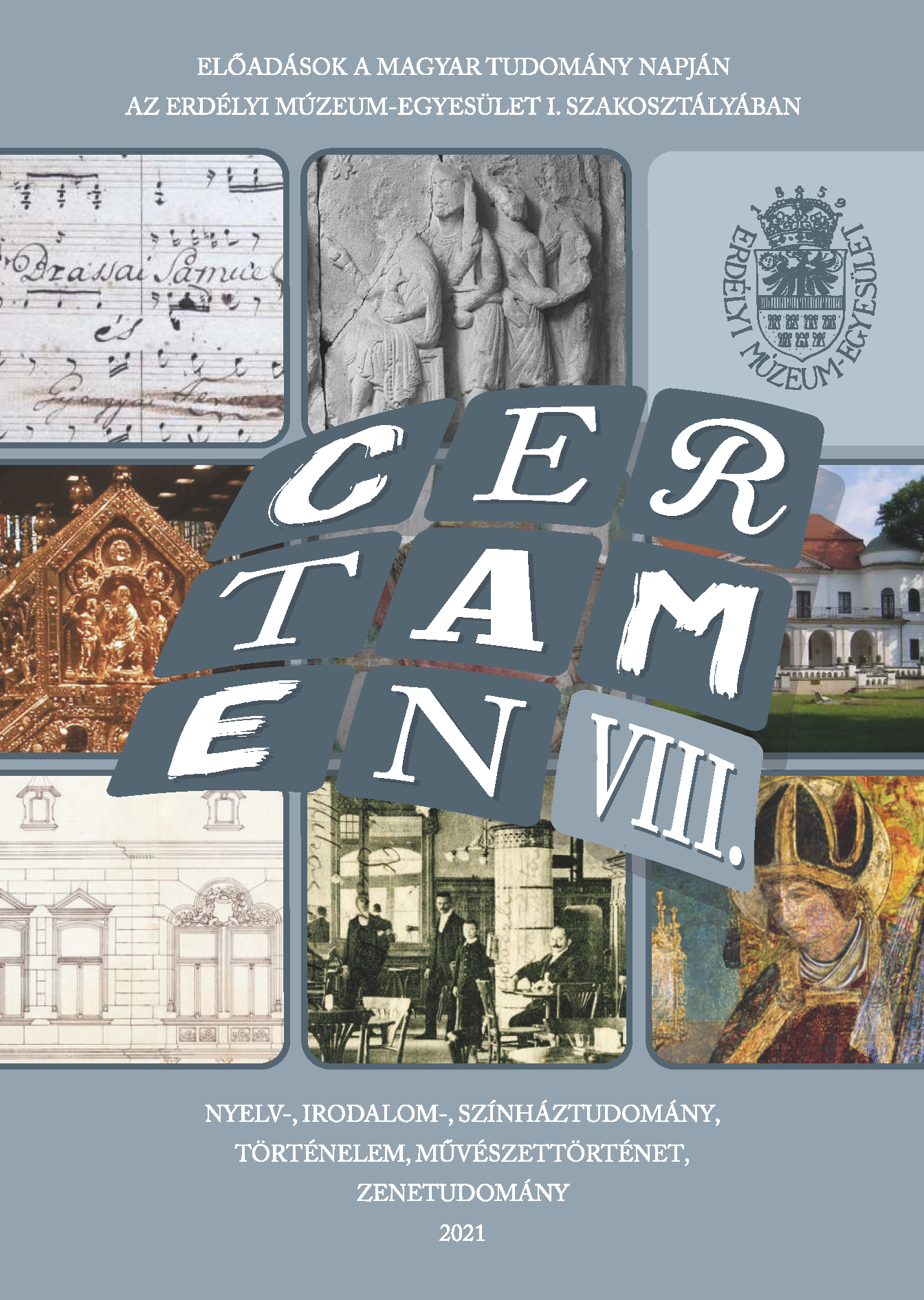A nagybirtok védelmében. Károlyi Gyula 1935-ös adatgyűjtése
In Defense of Large-Scale Holdings. The Data Collection of Gyula Károlyi in 1935
Author(s): Levente PüskiSubject(s): Economic history, Political history, Social history, Interwar Period (1920 - 1939)
Published by: Erdélyi Múzeum-Egyesület
Keywords: agrarian society; land reform; farming; labor force; large-scale holding; peasantry; statistics;
Summary/Abstract: By 1934 the situation of the agrarian society and the demand for a land reform became a leading theme in the Hungarian public life. Several anti- and pro-reform writings came to light in the public discourse, but the latter became more and more dominant, which inspired count Gyula Károlyi to play a more proactive role. Károlyi strove to simplify the debate and – by focusing on a sole central issue – he stood by the necessity of the survival of large estates. At the beginning of 1935 Károlyi collected data on the economic management of 29, and later of 133 demesnes. Based on these, he made calculations and came to the conclusion that a well-managed large-scale holding with intensive farming can provide for more people than a land of similar size divided into 13 or 20-acres (Hungarian acre = 0,57 hectare) small-scale farms. While the Gömbös administration did not deliver its opinion directly on the results of the data collection, the subject still had a special resonance in the contemporary press. Criticizing and dismissive writings were in majority. Primarily, the works of the well-known statistician, Miklós Móricz had the greatest effect on public opinion. Móricz and others challenged the accuracy of Károlyi’s calculations putting the data of census surveys against them. Ultimately, a massive debate emerged, which provided a topic for the contemporary press for half a year starting from January 1935. During the debate, neither party was able to prove his standpoint in an unequivocal manner, which shows the limits of the statistical method. The controversy did not bring the opinions closer to each other, and neither camp expressed a willingness to consider the statements and arguments of the opposing side. Finally, the study briefl y concludes on the – severely limited – effects of Károlyi’s actions.
Journal: Certamen
- Issue Year: 2021
- Issue No: VIII
- Page Range: 205-217
- Page Count: 13
- Language: Hungarian

